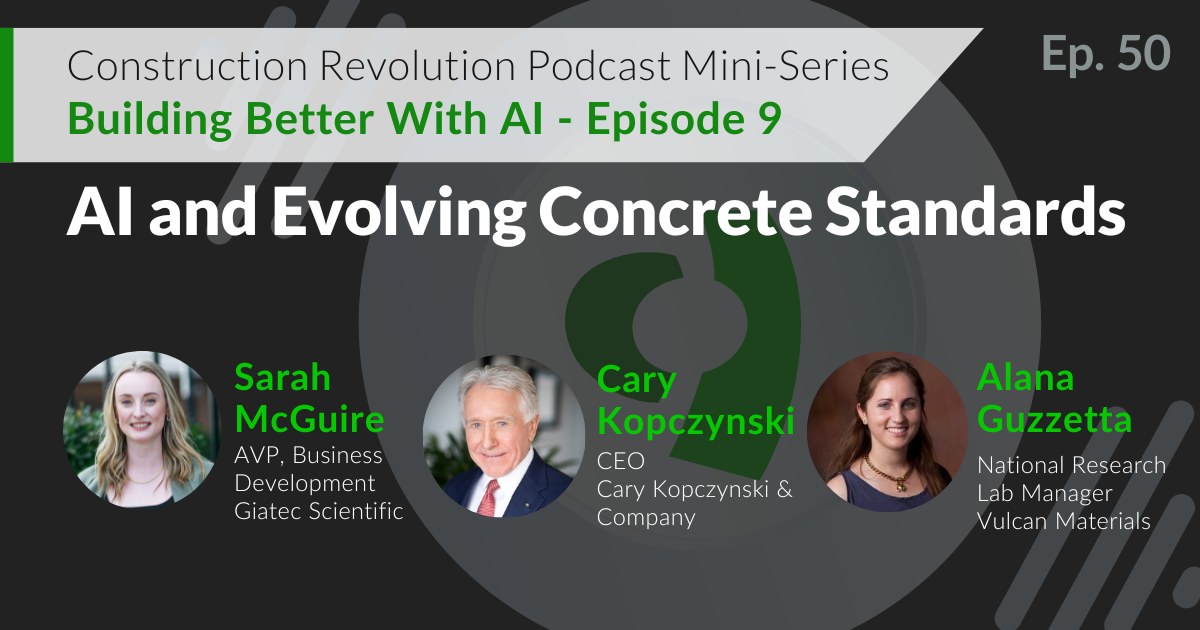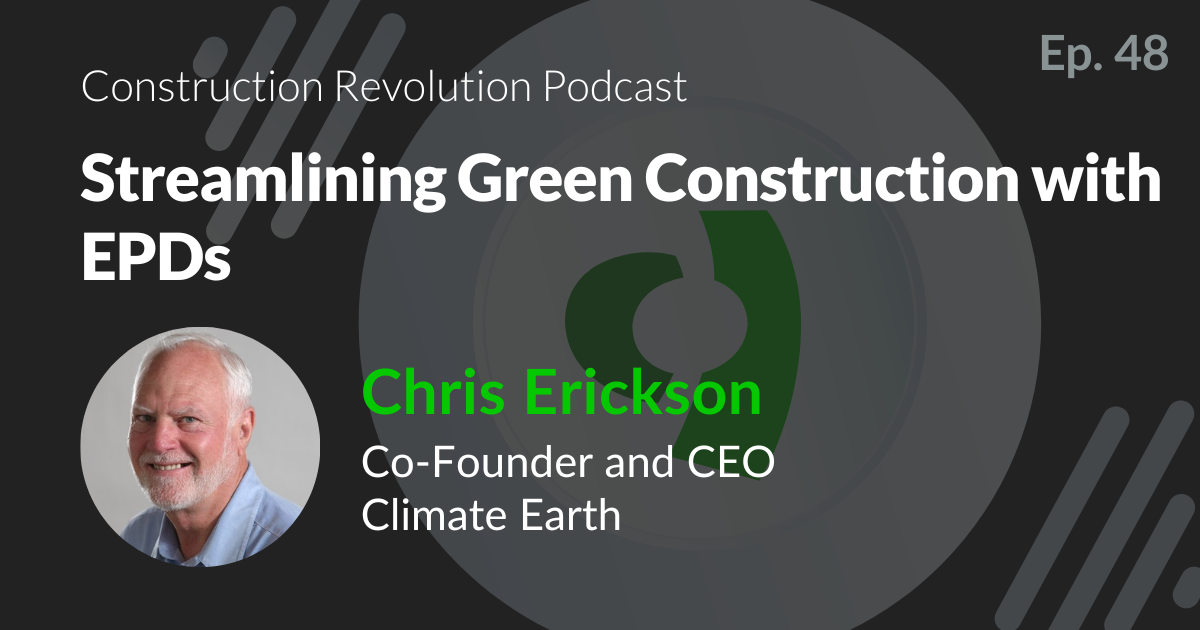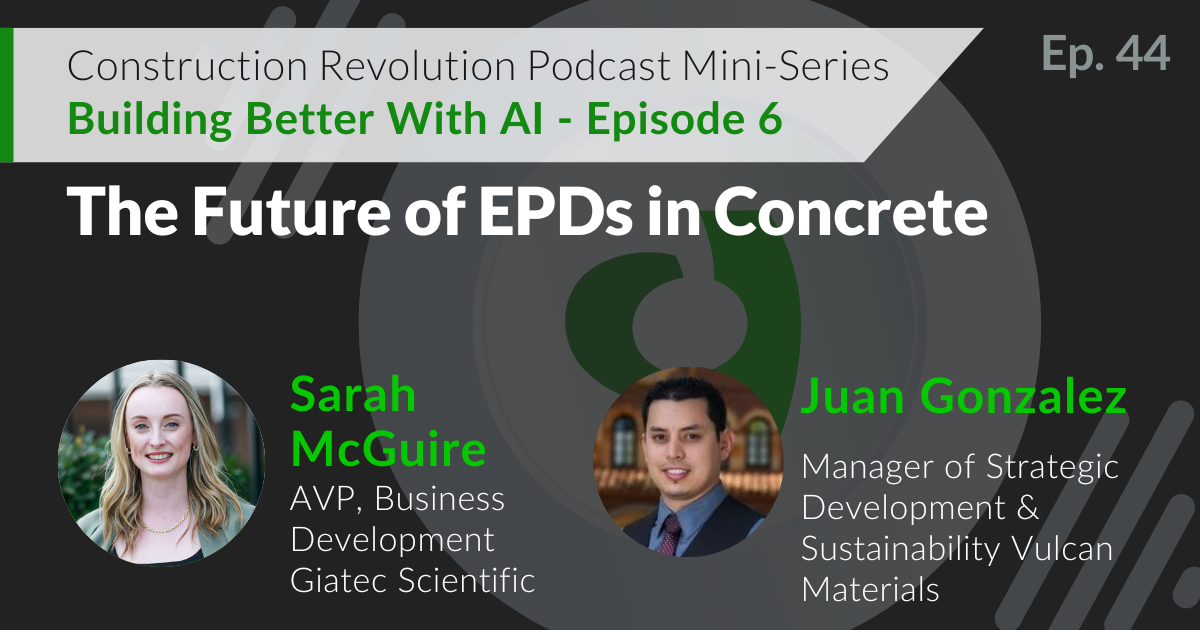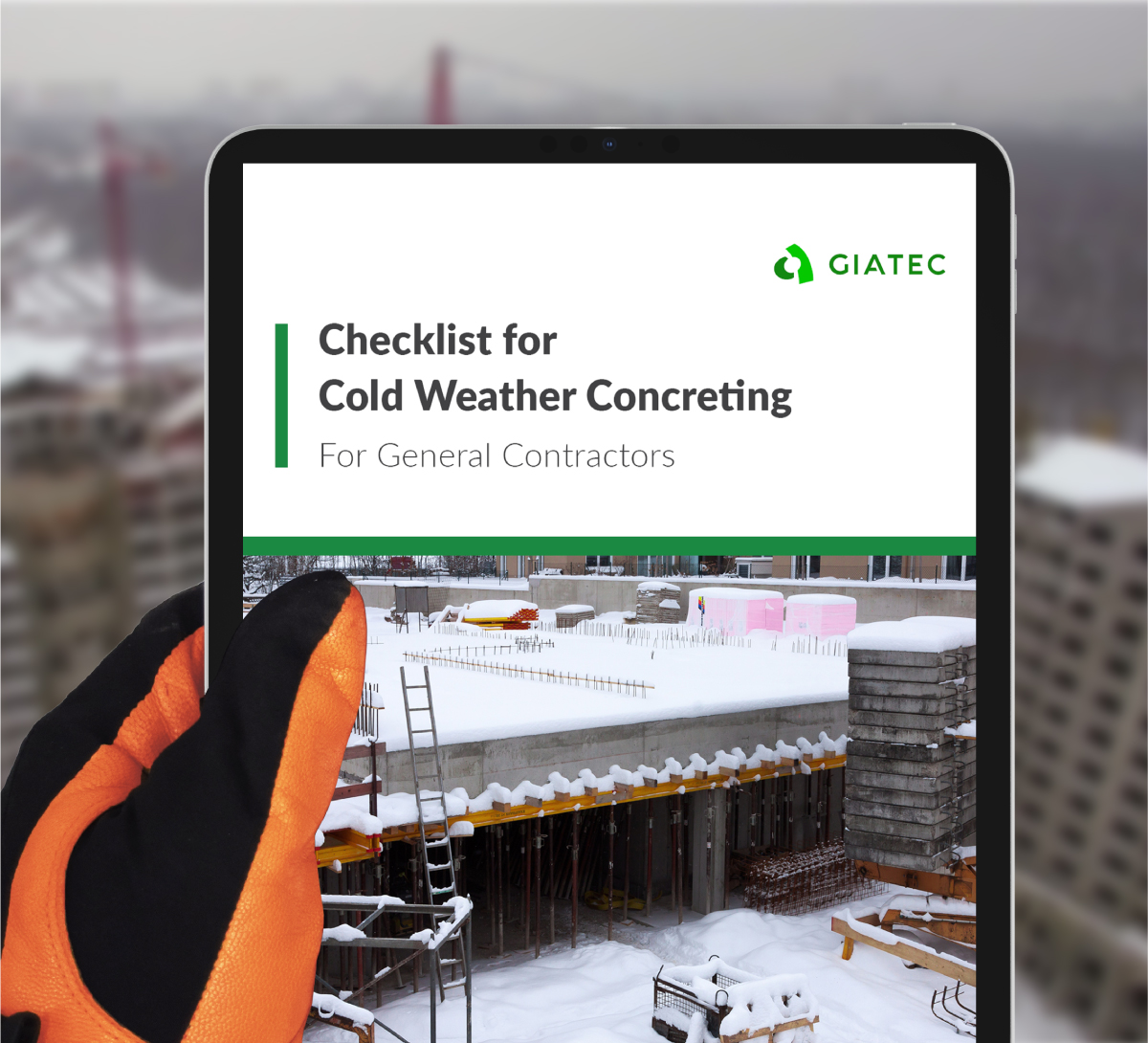
Episode 22 |
October 20, 2022
Building Safer, Greener, and More Conscious Homes
In This Episode
In this episode of The Construction Revolution Podcast, we sit down with Casey Grey of The Conscious Builder. The Conscious Builder is an Ottawa based residential construction company with a focus on promoting sustainability, comfort, and transparency in the construction industry. Casey’s mission is to make sure everybody in the world has a healthy, comfortable, and efficient home to live in. Through the Conscious Builder Academy, he is helping other contracting businesses to succeed and work towards this mission. Casey also discusses the future of the construction industry, and how building codes are changing to be safer and more environmentally friendly. Tune in to learn how the Conscious Builder is changing the way we think about residential construction.
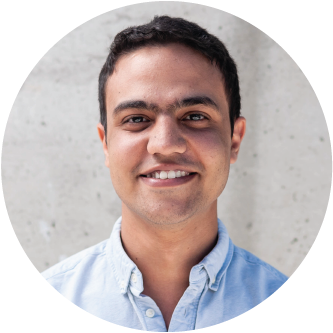
Host
Andrew Fahim
Director, Research & Development, Giatec Scientific Inc.
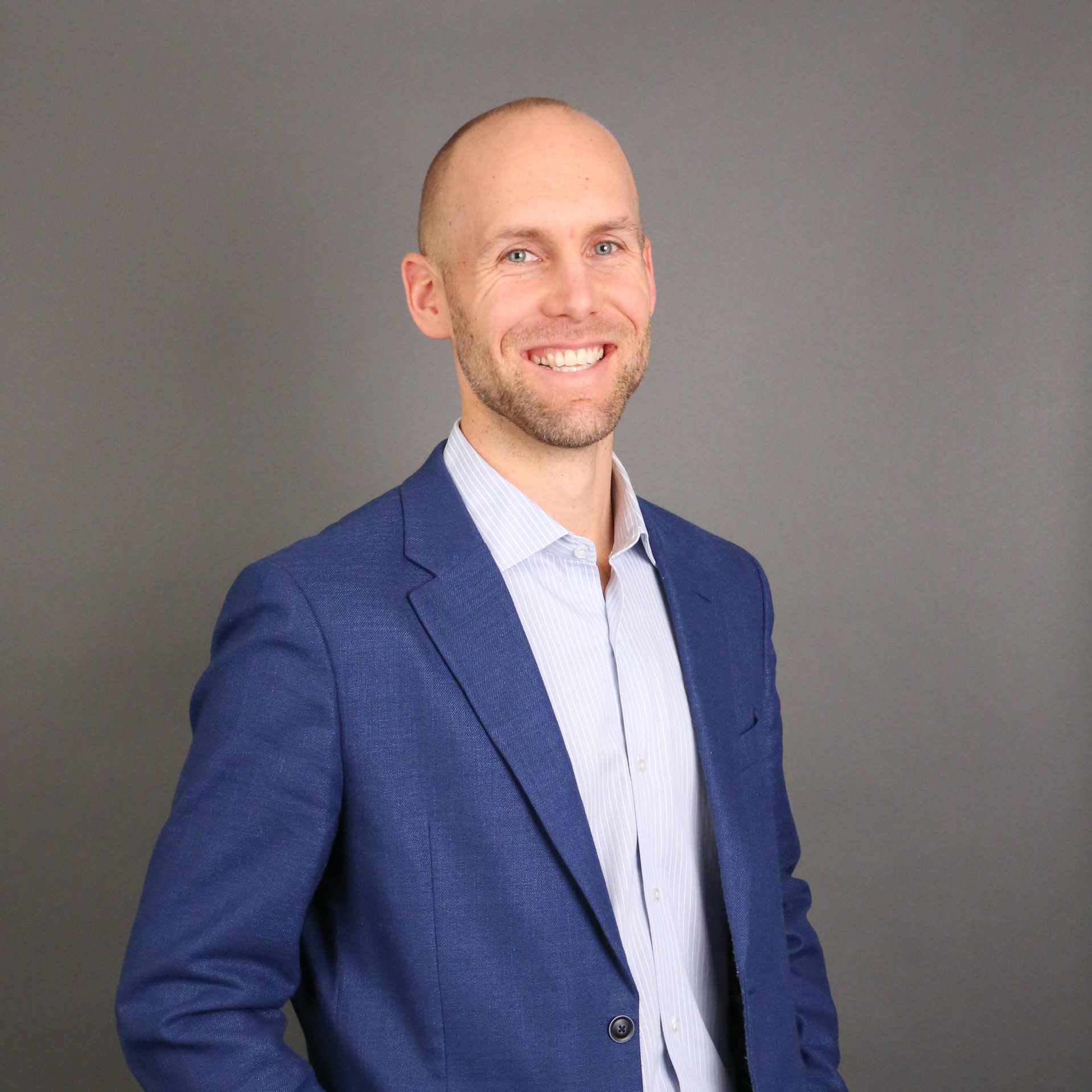
Guest
Casey Grey
Founder and CEO, The Conscious Builder
Podcast Transcript
Andrew:
Hello there and welcome to the Construction Revolution Podcast. My name is Andrew Fahim, and here in the show we explore the latest trends, technologies, people, and organizations that are revolutionizing or disrupting the construction industry and are changing what the industry would look like tomorrow. Today on the show, I’m speaking with Casey Grey, founder and CEO of The Conscious Builder. Casey brings almost two decades of experience to the construction industry and over a decade of experience of running, owning, and growing multiple businesses.
The Conscious Builder is an Ottawa based residential construction company that focuses on building and renovating homes to be healthy, comfortable, and efficient. Casey and his team also share their skills and knowledge through their YouTube channel, as well as The Conscious Builder Academy, which aims to help contractors succeed in building their own companies. Casey, thank you so much for taking the time to chat with me. I’m super excited to hear more about your background, hear more about The Conscious Builder. I’ve been an avid follower, so I’m actually quite excited personally to listen a little bit more about this.
Maybe, Casey, if you can just start by introducing yourself a little bit and The Conscious Builder and just tell us a little bit more about what you guys are all about, that would be great.
Casey:
Yeah, Andrew, thanks for having me. I guess it depends on how far back you want me to go. A little bit about myself, I’m a licensed carpenter, been in construction for about 20 years at this point. Started the business about 12 years ago. I don’t swing the hammer very often anymore. I did for a couple of projects last year because we were short on manpower, but haven’t been swinging the hammer too much for quite a few years. Married, have a son and been with my wife 17 years at this point. That’s probably my greatest accomplishment so far, and then after that would probably be being in business for 12 years.
Because if you’re a business owner, you know how hard it can be sometimes. A little bit about the business. In terms of our construction side, we have a few sides of the business, on the construction side, we focus on healthy, comfortable, and efficient homes, so high performance homes. It could be renovations or custom homes in the Ottawa, Ontario area. We also have a podcast where I interview people from all parts of the industry as well and business owners. We have a YouTube channel where we showcase a lot. We also have The Conscious Builder Academy, which we’re starting to push.
That’s consciousbuilderacademy.com, where we’re helping train other contractors because the industry is built on small companies, not on massive companies. We’re hopefully helping people prevent them from making the mistakes that I made over the years of being in business, right? That’s the goal is to help those smaller companies ultimately thrive.
Andrew:
That’s amazing. Casey, you’re obviously a very busy person, but maybe step back a little bit and tell me how you got into construction. What got you interested in that?
Casey:
How I got into construction was pretty simple. It was my best class in school. I went through high school thinking that I was going to become an engineer because I knew I wanted to build stuff. As a kid, I played with Lego, I was always building stuff, but I didn’t really know who built what. I just thought I was going to become an engineer of some sort. I went through high school, planning to go to university, and then they started to push apprenticeships. I think it wasn’t actually until grade 12 when I learned about what an apprenticeship was. So then I said, well, that makes a lot of sense. If I can get paid to go to school as opposed to pay to go to school, I want to become a carpenter instead.
I don’t have to sit in the classroom because you learn on the job site as an apprentice. I spoke to my mom about that and she was all for it, and I never looked back. Out of high school, I turned down a couple jobs because I knew I wanted to get an apprenticeship. I lucked out and found a great company that was doing renovations, doing their own infill projects and had a couple great carpenters, which I didn’t know at the time, but obviously found out that they were great carpenters. I ended up working for them for almost seven years before I went off on my own and never looked back since.
Obviously been adding other parts of the business. I really enjoy the business side as well. But that’s how I got into construction. At the time though, it wasn’t about health or comfort or efficiency or anything like that. That was just like, I want to build stuff, this is cool, where do I go from here sort of thing. It’s obviously evolved since then.
Andrew:
Amazing. One thing I like to ask people is just what sparked that moment for you where you’re like, “Okay, I think this could really be a thing and maybe I can start the company around this.” Tell me a little bit more about the origins of Conscious Builder from your own point of view and what moments sparked it for you.
Casey:
In terms of starting the business, before it was The Conscious Builder, I always knew I wanted to own my own business. My mom was an entrepreneur, so I saw her running her own business, not in construction, so I had a taste for that. I wanted to have that control to some extent over the types of projects and type of work that we could do. Initially, I remember when I got interviewed by the company I worked for almost seven years, I told him, I said “Eventually I want to go off of my own.” I told him that in the interview and eventually I did. But The Conscious Builder didn’t actually come into vision until after being in business for a few years.
And that came into focus or started to come into focus when my wife and I went to a Tony Robbins event. I don’t know if you’re familiar with any of the stuff that he does, but I had bought my wife a book called The Success Principles by Jack Canfield. I don’t know why I had bought her the book. However, I had bought her the book, and within that book, he talks about Tony Robbins and the events. My wife had looked into it and she said, “Hey, do you want to go to this event called Unleash the Power Within?” I said, sure. I didn’t really ask any questions. I said, “Sure, let’s do it.” Had no idea what I was walking into, but that event ended up being the catalyst to us changing a whole lot in our lives.
What we did is we came out of that event with more questions than answers, which is a sign of a good event. We came out of that event with really changing our outlook on everything that we do. We signed up for a whole bunch of other events, Business Mastery, Life Mastery, Wealth Mastery, and we started to continue to grow and evolve from there. It was at the following event that we did, the following Tony Robins event, was called Date With Destiny. And at that event, we found out that we were having our son.
That’s when my brain really started to switch because I’m like, all right, if I’m going to tell this little person, we didn’t know it was a boy at the time, that he can be or do whatever he wants and I want to lead by example, I have to do that. I have to lead by example. I want to make sure that I leave this place better than it was when I showed up. I started asking the question of how can I do that with what I’m good at, what my knowledge is, and it’s within construction. Because at that first event, we started to focus a lot on health just within our own lives.
We were doing meditation before that. A lot of these things, like how do we take our values and help get that out because we know that there’s a lot of benefits to doing what we’re doing and how do we bring that into a company and start to build a business around that, while also staying within the construction field. That was kind of the catalyst for The Conscious Builder at the time. And that was about nine, 10 years ago now.
Andrew:
Wow, amazing. I love to see the passion in your eyes, Casey, when you talk about this. It’s obviously another baby to you. I obviously love that. But maybe tell me a little bit about Conscious Builder’s big achievement to date in your eyes. What do you think is the thing that you look back and you’re like, “This is what I’m most proud of?”
Casey:
I don’t know. I think every day, every year is there’s something different, right? Probably the biggest achievement is that we’re still in business because so many businesses go out of business. Just being a business, no matter what industry you’re in, is an accomplishment on its own. We are now growing. We’re hiring people pretty quickly right now because of the work that we have lined up and because of what we’re creating online. I don’t know if I can pick out one particular thing. I’m very grateful for the team that we built and the team that we have. We’ve made it through a lot of ups and downs.
A couple people have been with me longer than others, but I have a good sense of where the team’s at now and how well they’re starting to work together and how they’re taking responsibility for their roles. It’s becoming more of an actual business as opposed to an owner-operator type of company, which most construction companies are, which is fine if that’s what people want to do, but I feel like we can add a lot more value as we grow into an actual business and people. It allows me to focus on what I am good at, what I like to do as well.
Andrew:
Absolutely. No, I love that. People, when they see a successful business, they don’t really usually appreciate all the tenacity and grit that actually went into making this happen. It’s not like a business stays in business for 10 years just for existing. There’s a lot of work that goes behind the scenes for that. Maybe tell me a little bit about the main ways that The Conscious Builder is contributing to a greener future. Tell me how you guys are working on this and what’s the biggest obstacles and maybe the biggest opportunities that you see.
Casey:
Well, I guess one of the biggest ways we’re doing it is through our YouTube videos. We’re showcasing a lot of the work that we’re doing. We’re showcasing the products that we use, the systems that we’re using, the processes that we’re use, whatever it may be. What we do is custom though, so it’s not up to us. When we’re doing a project, one of the reasons I call it The Conscious Builder is because we’re bringing that awareness to clients. It’s not up to us to make the final decision. Yes, there are certain products that we know are better or healthier or whatever the standard is that we’re trying to hit. However, it’s not up to us to make the final decision.
It’s just up to us to say, “Here’s the options. Here’s what it costs,” and then the client has to make the final decision. Really what we’re doing, whether it’s on the construction side, whether it’s through a YouTube channel, whether it’s through our podcast, is we’re educating. We’re bringing that information to the forefront for people to have the ability to learn about it if they choose to, right? Because you can lead a horse to water, but you can’t force it to drink. We’re just bringing our knowledge out and giving it away where we can and recording everything that we possibly can to get it out there for other people to use.
Andrew:
Tell me maybe about from your previous experience in the time you’ve been in the industry, what have you seen change in those past 10 or 12 years? What new trends are you seeing that contribute to a more sustainable future, specifically in residential construction?
Casey:
There’s a big push on zero carbon now or net zero energy. Sorry, that before carbon. They’re trying to offset the energy being used by building. One of the things that I think is really good is I don’t focus a lot on the net zero aspect in terms of carbon or anything like that. It really depends on the customer. I think a lot of people see that carbon and the effects that it may or may not have on the environment is too big of a picture for a lot of people. They don’t connect with it, so they maybe don’t make decisions on that. But where people do connect is really on the health aspect.
I’m starting to see a lot of that come into play in the building code, which is great, at least where we are, where you see a requirement for air tightness, which I think is super important, and then the requirement to add proper ventilation, which wasn’t in there before. People don’t really understand that. I’m actually in Mexico right now and the first Airbnb we went into was just like you couldn’t see the mold or mildew, but you could smell it as soon as you walked in. We’re like, “We can’t stay here.” We had to cancel that and get out. We went to the next one and it was quite a bit better, but you could still smell it.
It was like they don’t have the same requirements here. Yes, they build hurricane proof buildings, they’re all concrete and the windows and glass need to be of a certain strength to my understanding, I need to learn more about that here, but they don’t have the same knowledge or the requirements for that health aspect. I think that’s a big part that I’m seeing. I enjoy seeing that. And then in terms of technology, there’s a lot of things coming down the pipeline like 3D printing. I don’t know. It’s not going to happen tomorrow, but there’s a lot of really cool things happening with that, which I think will take a little while to get to the residential industry, depending on where it is.
I think it’s going to be more for disaster relief. There’s a hurricane that came through. 3D printing a bunch of homes for the people to have temporary homes would make a lot of sense if you can print a few homes in a day. Technology like that’s going to help for certain situations, but there’s also technology coming up for 3D mapping of lots and sites to avoid all the work required for surveying. There’s a lot of really cool tech. Actually I was reading about a robot that can go in and mark out plates. This was actually more on commercial, but if you had a floor, it’ll actually go and mark all your walls and doors and everything for you. There’s a lot of really cool things coming out.
Andrew:
I think you touched on this already, but maybe if we were to compare residential construction to more of commercial or industrial, how do you think these methods differ in terms of their approach to maybe the green aspect of building?
Casey:
I don’t know a lot about commercial or industrial construction, but I know that building science isn’t going to change. For one, no matter what, the building science makes sense. You want to avoid thermal bridges. You want to make your buildings as airtight as possible. You want to mechanically ventilate the buildings with an ERV or an HRV, depending on where you live, so you get the fresh filtered air and you’re constantly getting fresh air. You want to use products that are not going to off-gas, if we’re just talking about building a healthy environment for the occupants of that building no matter what.
When you get into industrial, I guess it’s going to depend on what you’re doing within that building, but building science is the same one way or the other. That’s not going to change whether you’re building a house, a high rise building, or a storage unit. It’s all the same. If there’s people living in there, we should be taking those things into consideration and thinking about that.
Andrew:
I like that. Fundamentally, it is the science that has to be followed. But tell me maybe a little bit about how do you see Conscious Builder growing in the future? What is your area of focus and what are you trying to spend most of your time on?
Casey:
For me personally, it’s on the academy. There’s a lot of my time going into that and creating content and partnering with people to get the knowledge out there for other people to continue to build, because we can only build so many homes in a year. We’re going to continue to do our renovations and custom homes. We have our team that’s managing all that. I’m still involved in getting those projects started or consulting where required. That’s not going to slow down anytime soon. We’re going to use those projects as a platform to educate others on what we’re doing and why we’re doing it and so forth and what worked and what didn’t work and continue.
If we can start doing some of our own projects in the near future, then we have more control over what products and how we build certain things. That would be a little bit different in terms of how we can present that, which would be great. I see that happening in the near future. And then I’ll continue, like I said, to focus on the academy side and education and online content. I think there’s a lot of information, there’s a lot of people who still aren’t aware. A home is typically the largest investment that anyone’s ever going to make. Unless you’re interested in it, a lot of people don’t really understand it.
They just want something that looks good and feels good, but they don’t understand how it could potentially be affecting their health, which ultimately relates to all other aspects of their lives. I want to really continue to push that and help get that knowledge out there so that others can build better.
Andrew:
You talked a lot about the academy and obviously the education piece that you guys are trying to do. I know a lot of the people that actually tune into our podcast are lifetime learners. Maybe tell me a little bit more about the courses or what you guys are doing with the academy. If I was to actually go and sign up and learn something, what kind of things are you guys teaching there?
Casey:
You can just go to consciousbuilderacademy.com. We do have a couple free courses, like the top five things I wish I knew before I started my business. We do have a few other courses that have done well that people are really interested in was marketing, so how to market and sell passive houses and other high performance homes. If you’re in business and you’re trying to figure out how to sell it beyond just pretty pictures and stuff, which people seem to compete on, I go through what works for us and why we have, at this point, I think over $7 million worth of work locked in for the upcoming year and a half or so.
I share all that. We also have some workbooks like priming for tough conversations. There’s some simpler things. One of the things that I’ve realized after being in business for so long… My wife was trained as a clinical psychologist, so I remember when she was in school I was like, “Ah, I’m never going to need to know that stuff,” but that’s all I do now. You need to understand people. Whether you’re dealing with a client or a couple together, which can be very interesting sometimes, or a sub trade or a coworker, you have to understand that and there’s going to be a lot of difficult conversations that come up.
There are tools and techniques that will help. My wife helped us create those books as well. Those are super valuable. Those can be found on the website as well. And then right now we’re launching group courses because we had some group calls and people got a lot of value from them. We are launching a regular group call, which will also include a coaching call with me every month and then unlimited access to me through Messenger. If anybody’s interested in any of that, it’s all in the academy, but those are some of the things that we have up there right now.
Andrew:
That’s amazing. Tell me maybe, Casey, about the next 10 years. What are you most excited about maybe personally, in business, as well as just in construction?
Casey:
I never get too focused on exactly what’s going to happen. What I’d like to see happen is obviously the growth of the business, the online stuff, the education platform continue to really grow because I think there’s a lot of potential as a business there, but also a lot of potential to help more people so that they can go out and do better. I’m really excited about what’s going to happen with that over the next 10 years, like what we’ve done with the construction side and I’ve seen that grow. That’s the most exciting part. In terms of the personal side, we’re in Mexico trying some things out. Right now working remotely for a little while.
The pandemic has helped us fast track this area. I’ll be working remotely through the winter here, which is fantastic. Who knows what’s going to happen here? Maybe there’ll be some opportunities that come up here and we can help build better homes here as well. I still have a lot of work in terms of looking into that, but you never know what’s going to happen. It’d be great to have some sort of health retreat down the road. I don’t necessarily want to run it, because I got enough on my plate, but to be involved with something like that would be fantastic.
We’ll see. Not really sure. There’s so much potential. We’ll see where the universe guides me, but I’ll continue to just take the steps that I know I need to take at this point.
Andrew:
Amazing. I wish you all the best. Casey, it was a pleasure meeting you and learning a lot more about yourself, as well as your business. We’ll obviously state tuned for new things coming from The Conscious Builder. Thank you so much, Casey, for your time. Really appreciate it.
Casey:
Yeah, thanks for having me, Andrew.
Other Related Episodes
Episode 50 |
October 3, 2024
AI and Evolving Concrete Standards
Our “Building Better with AI” mini-series is back by popular demand! Originally planned as an eight-episode series, the overwhelming response from our listeners has brought us back for more. Please join us for our ninth episode, “AI and Evolving Concrete Standards”! In this episode, we’re unpacking the challenges of concrete constructability, why industry stakeholders must improve communication, and how AI can help bridge this gap. Joining us are Cary Kopczynski, CEO, Cary Kopczynski & Company, and Alana Guzzetta, National Research Lab Manager, Vulcan Materials. Together, they explore the impact of evolving ACI standards on concrete performance, constructability, and sustainability, along with the major opportunities and challenges that AI presents as the industry advances. Filled with insights and a call to action for the entire industry, this episode is a must-listen for professionals eager to stay ahead in the concrete world. Tune in for a conversation that’s not just about keeping up with change but leading it!
Full McKinsey Report:
REINVENTING CONSTRUCTION: A ROUTE TO HIGHER PRODUCTIVITYPLAY
Episode 48 |
August 22, 2024
Streamlining Green Construction with EPDs
In this episode of The Construction Revolution Podcast, we welcome Chris Erickson of Climate Earth. Chris shares how the latest advancements in Environmental Product Declarations (EPDs) are transforming sustainability efforts in the construction industry. With his extensive knowledge in environmental impact data and sustainable practices, Chris delves into the innovative tools and solutions that are simplifying EPD creation and management for construction companies. Join us as Chris discusses how Climate Earth’s technology is making it easier for companies to measure and reduce their ecological footprint, ensuring compliance with regulatory requirements and enhancing their commitment to sustainability. Don’t miss this insightful conversation on the future of sustainable construction and the role EPDs play in leading the industry towards a greener future.
PLAY
Episode 44 |
June 13, 2024
The Future of EPDs in Concrete
In the sixth episode of the "Building Better with AI" mini-series, host Sarah McGuire delves into “The Future of EPDs in Concrete” with featured guest Juan Gonzalez, Manager of Strategic Development & Sustainability, Vulcan Materials. With a wealth of experience, Juan shares valuable insights into his journey within the field of sustainable construction and environmental practices. The conversation begins with an exploration of the history and evolution of Environmental Product Declaration (EPD) reporting, highlighting Vulcan Materials' pioneering efforts as the first company to produce EPDs with Climate Earth. Throughout the discussion, Sarah and Juan address questions surrounding the role of EPDs in modern construction. Juan elaborates on the motivations behind Vulcan Materials' early adoption of EPD reporting, the challenges faced in championing this initiative, and the regulatory standards that have been influential in driving EPD adoption further. Tune in now to gain valuable insights that could reshape your perspective on EPD reporting and drive meaningful change in the industry!
PLAY
Want to Be a Guest Speaker, Sponsor, or Just Have a Question for Us? Fill In the Form!

